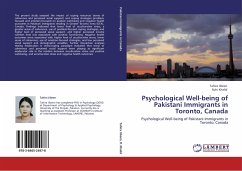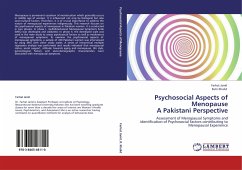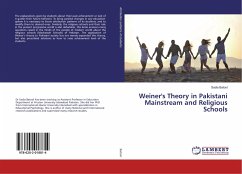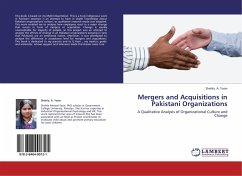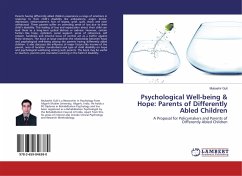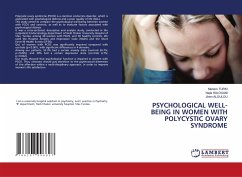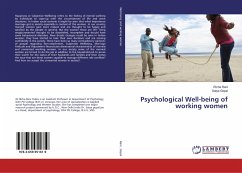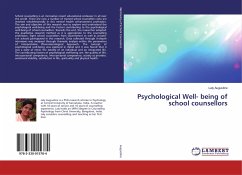The present study assessed the impact of coping resources (sense of coherence and perceived social support) and coping strategies (problem-focused and emotion-focused) on positive well-being and negative health outcomes in Pakistani immigrants residing in Greater Toronto Area (GTA), Canada. Findings indicated that lower level of acculturative stress, a greater sense of coherence, use of problem-focused coping strategies, and higher level of perceived social support, and higher perceived income comfort level was associated with positive functioning. Negative health outcomes were associated with higher level of acculturative stress, lower sense of coherence, use of emotion-focused strategies, and low perceived social support and demographic variables. Further interaction analyses testing moderators in stress-coping paradigm indicated that sense of coherence and perceived social support were playing as significant moderator role in the relation between acculturative stress and positive well-being, and acculturative stress and negative health outcomes.
Bitte wählen Sie Ihr Anliegen aus.
Rechnungen
Retourenschein anfordern
Bestellstatus
Storno

